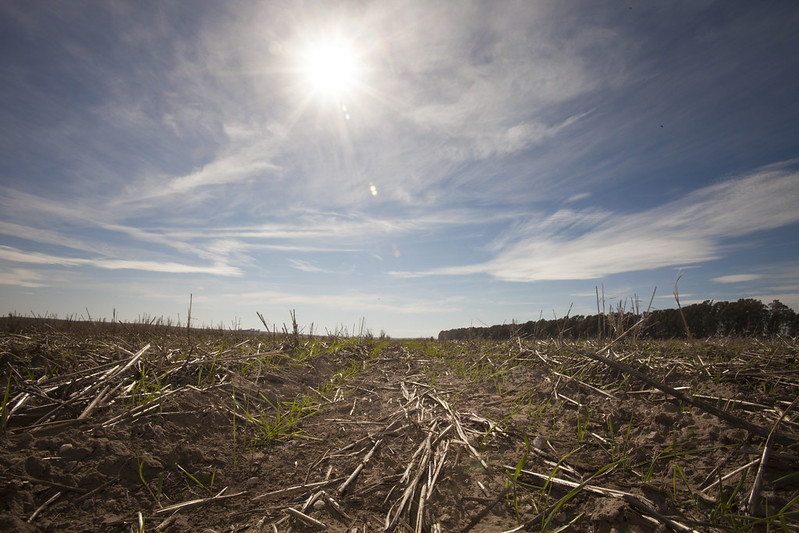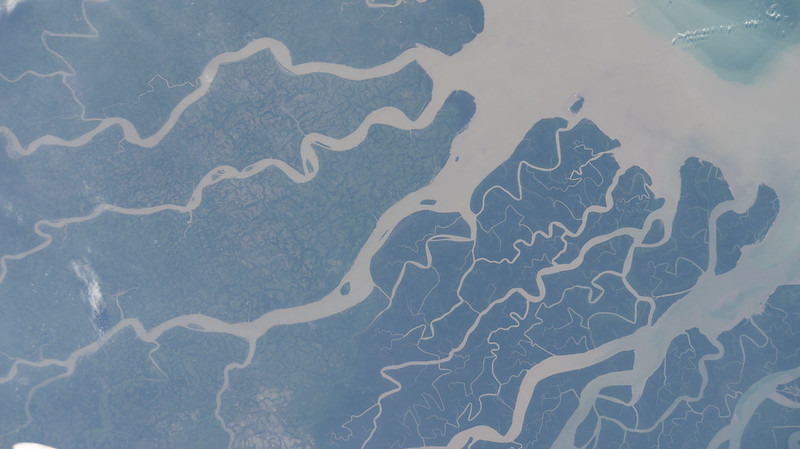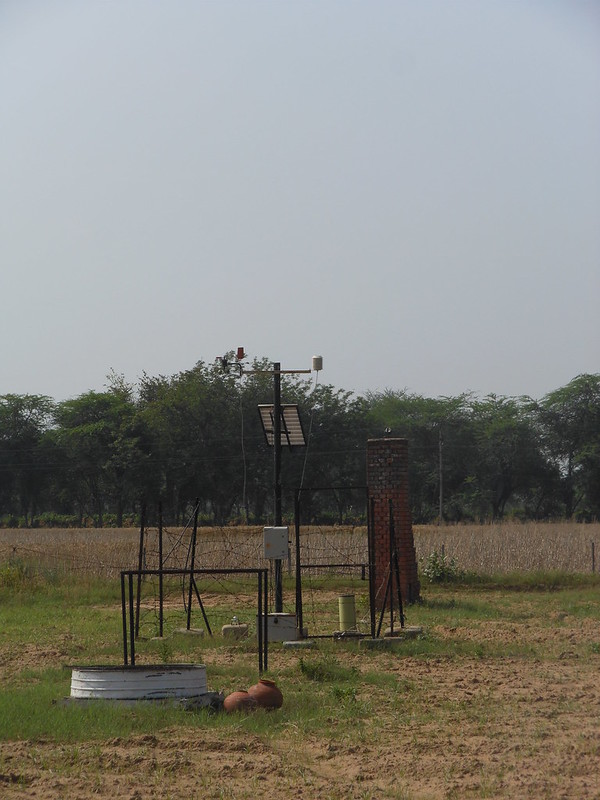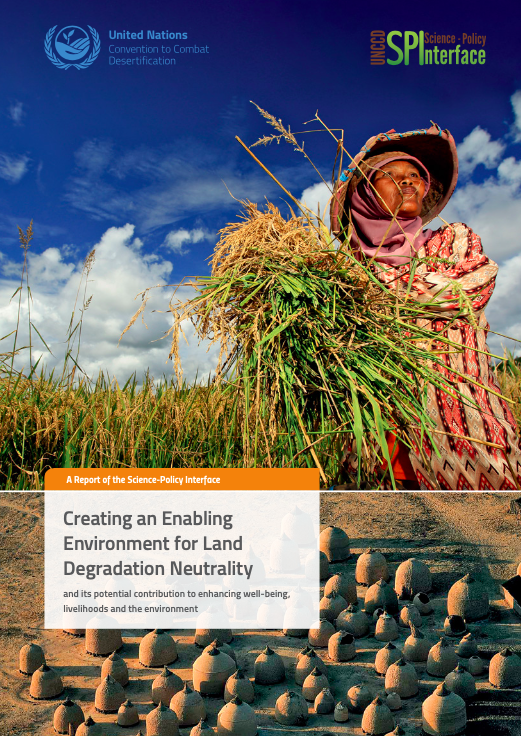Agro-Forest Management and Soil Degradation in Mediterranean Environments: Towards a Strategy for Sustainable Land Use in Vineyard and Olive Cropland
Landscape fragmentation typical of the Mediterranean region is the result of long-term settlement history and continuous socioeconomic interactions among countries. In complex agro-ecosystems of the Mediterranean basin, formulation of practical guidelines aimed at counteract soil and land degradation, water depletion, rural area depopulation, and the loss of agricultural knowledge is imperative.












